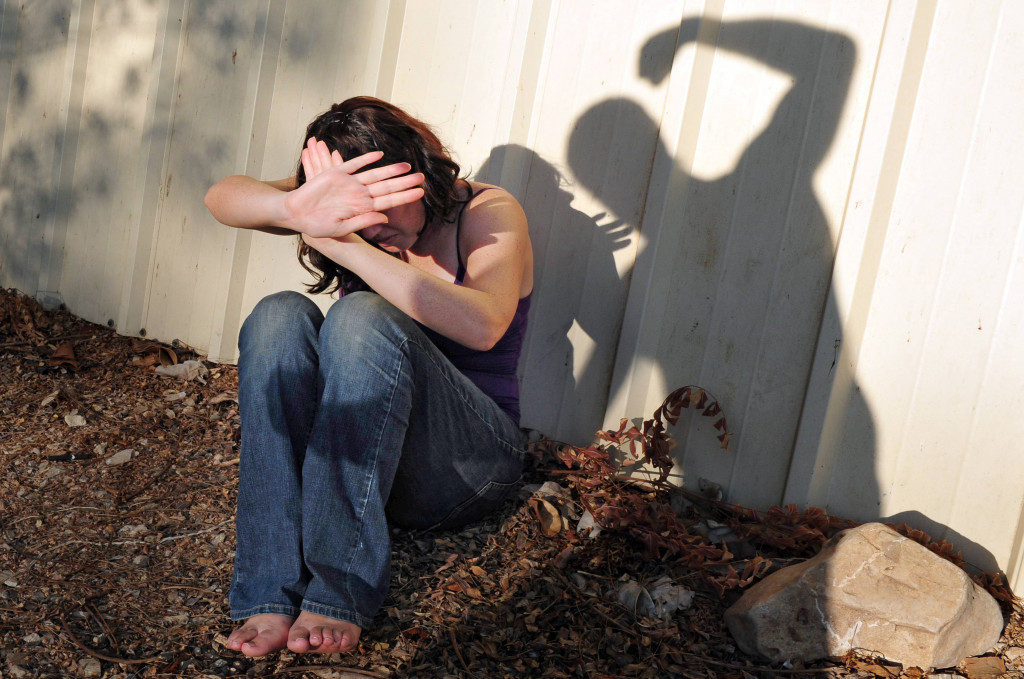A spouse who has been abused can eventually gain the strength to leave the marriage. Even though domestic violence may have ended at that point, the residual repercussions might still play a significant role in the divorce proceedings.
Protection Orders and Divorce
Some couples may look for a protective order and divorce when domestic abuse in marriage prevents the abusive partner from getting near them. While divorce marks the end of a partnership, it does not necessitate that the two spouses stay apart or not communicate with each other.
Because of this, an abused ex-spouse may also ask for a permanent or temporary protective order after filing for divorce. Domestic abuse is particularly prohibited by some state laws, which provide for protection orders. Divorce proceedings are conducted independently of proceedings for a protective order. They can demand couples to maintain physical distance or keep from communicating with each other during the entire divorce process.
Domestic Abuse Legal Assistance from Lawyers
To begin the procedure appropriately, it is essential to hire an experienced family lawyer. Before taking any further action, it is important to exhaust all legal options. As soon as the required course of action has been taken, the spouse may file for divorce. However, you should present the lawyer with various media, witnesses, and evidence of the abuse. All of this contributes to the likelihood of a favorable result.
Child Custody and Spouse Abuse
For child custody decisions, courts in every state are allowed to consider domestic abuse between partners. When determining custody, the judge has to evaluate the child’s best interests, regardless of where the parents live. In the majority of states, the court will consider the following factors:
- the ability of every parent to provide for the child’s basic
- the child’s preferences
- physical and mental wellness of every parent
- the child’s relationship with every parent, and
- anything else that the court deems pertinent to the case
If your family has a history of domestic abuse, the judge will take that into account before making a custody ruling. Frequently, courts restrict an abusive parent’s custody rights, for example, by limiting overnight visits. Judges have the power to revoke the visitation rights of the abusive parent and award complete custody to the other parent in exceptional situations.

A Look at Domestic Violence Claims
One way to prove that a spouse is an abuse victim is to check if they have any record of involvement with law enforcement. However, even if the husband or wife didn’t contact the authorities, you can utilize this evidence to prove that the accusation is legitimate. To prevent future aggression from the husband, the law provides some protection.
Both the abused and the children involved benefit by leaving the house where the violence is taking place. When the victim remains in the household, more attacks will likely happen, putting both the parent and their child at risk. Until you can make other arrangements, it’s best to ask for temporary assistance from family or close friends.
Protecting the Family
What happened, those you contacted, and the procedures that you considered often impact the circumstances of divorce cases. First and foremost, you have to ensure the family’s safety. Making sure the children and those affected are safe comes before anything else, including moving somewhere else temporarily or permanently or looking for legal help through the police or an attorney.
The involved children should not be left to stay in the offender’s hands to prevent them from getting abused. It is often necessary to remove them from the house to secure their safety and well-being.
These conditions might also result in emotional and psychological problems. Know that you can also hire a personal injury attorney for all the traumas you or your kids experienced. Children subjected to long-term abuse are often left with hidden scars that they may either see as traumatizing or ordinary. Both the youngsters and the spouse may require therapy; they may talk about how abuse isn’t a normal thing to do and assurance of it not happening again once the court hearings grant custody to the non-abusive parent.
If your divorce concerns family abuse, it is necessary to proceed with caution. When you need help or guidance, don’t hesitate to ask for it. Whenever something appears out of place, trust your instincts, and don’t be afraid to contact law authorities if you have any concerns about your safety or that of your children. As difficult as it may be to leave a violent marriage behind, you will have made significant headway toward a healthier life for yourself and your loved ones.

